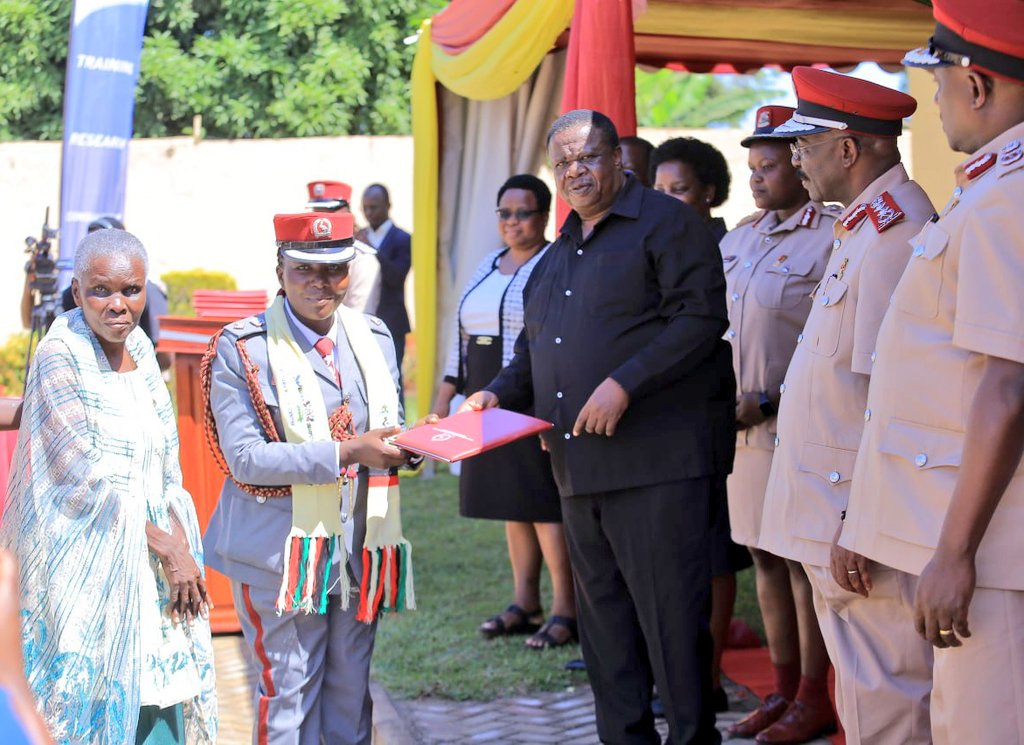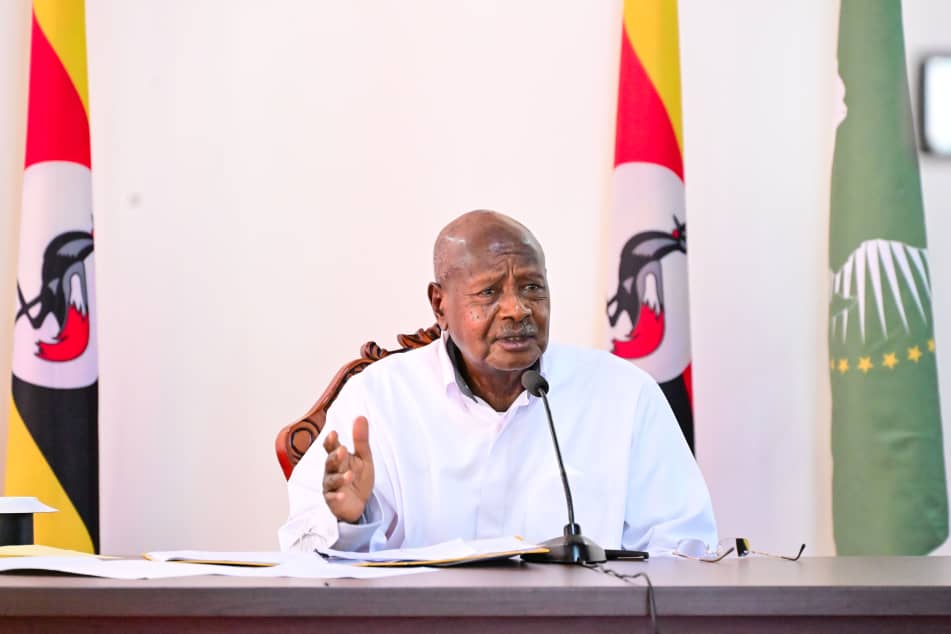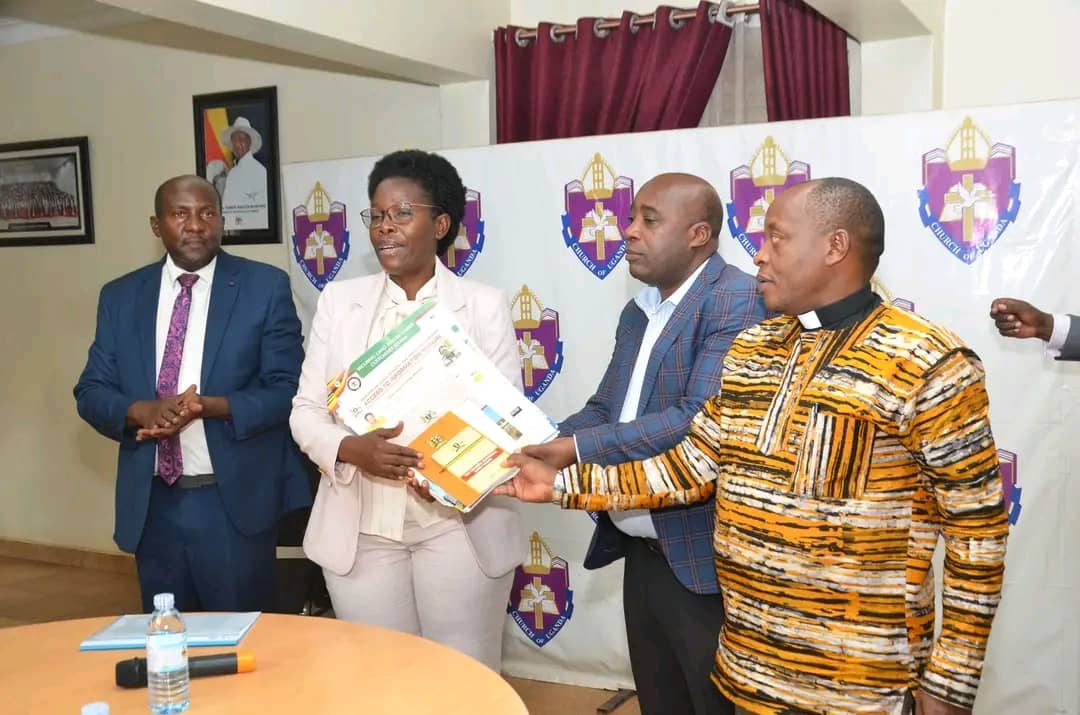Ensuring Free and Fair Elections: Core Principles the EC must not underlook

npAs the 2026 general elections approach, ensuring free and fair elections is paramount for upholding democracy and maintaining public trust in the electoral process.
Electoral commissions play a crucial role in safeguarding the integrity of elections. By emphasizing core principles, electoral commissions can contribute to a transparent, inclusive, and credible electoral process. Here are the key principles that electoral commissions should prioritize:
Keep Reading
Transparency: Electoral commissions must operate with transparency at every stage of the electoral process. This includes making information about electoral laws, procedures, and regulations readily available to the public. Transparent communication fosters trust and confidence in the electoral process, reducing the likelihood of disputes or accusations of bias.
Impartiality: Electoral commissions must demonstrate impartiality and independence in their actions. They should administer elections without favoritism towards any political party or candidate. This requires maintaining neutrality in decision-making, enforcing electoral laws consistently, and ensuring that all parties have equal access to the electoral process.
Inclusivity: Every eligible citizen should have the opportunity to participate in the electoral process. Electoral commissions should prioritize inclusivity by removing barriers to voter registration and ensuring that polling stations are accessible to all voters, including those with disabilities or from marginalized communities. Additionally, efforts should be made to promote voter education and civic engagement to encourage broader participation.
Security: Protecting the integrity of elections from interference, fraud, or manipulation is essential. Electoral commissions must implement robust security measures to safeguard voter information, prevent tampering with ballots, and ensure the accuracy of election results. This may include using secure voting technology, conducting audits, and collaborating with law enforcement agencies to address any threats to electoral security.
Accountability: Electoral commissions must be accountable to the public for their actions and decisions. This entails establishing mechanisms for oversight, such as independent election observation missions and transparent reporting on electoral activities. Electoral officials should be held accountable for any misconduct or breaches of electoral laws, ensuring accountability and maintaining public trust.
Fairness: Elections should be conducted in a fair and equitable manner, with all candidates and parties afforded the same opportunities to campaign and present their platforms to voters. Electoral commissions should enforce regulations on campaign financing, advertising, and media coverage to prevent unfair advantages. Additionally, measures should be in place to address any instances of intimidation, coercion, or violence that may occur during the electoral process.
By adhering to these core principles, electoral commissions can uphold the integrity of elections and ensure that the voice of the people is accurately reflected in the outcome.
As guardians of democracy, electoral commissions play a vital role in fostering trust, legitimacy, and stability in the electoral process, paving the way for peaceful transitions of power and sustainable democratic governance.














